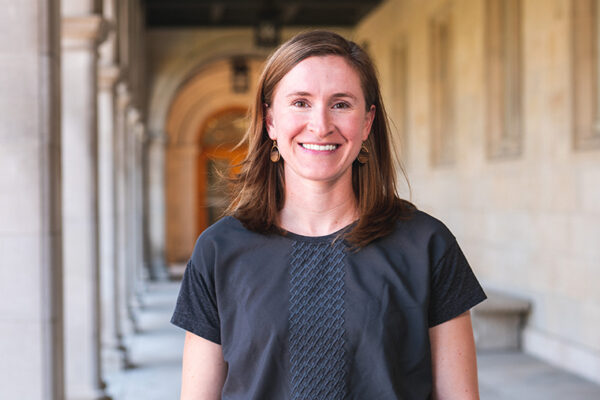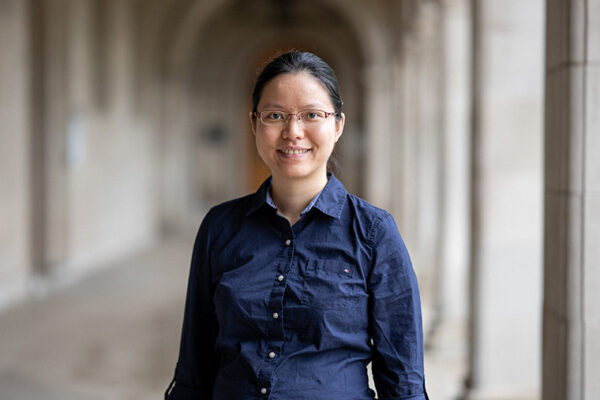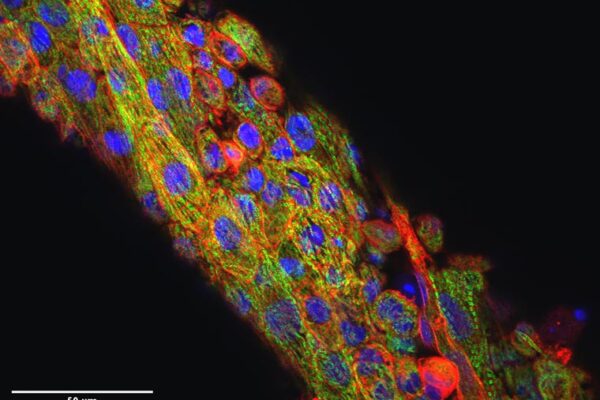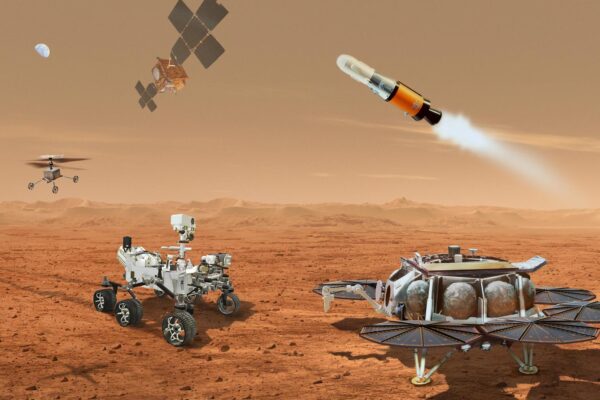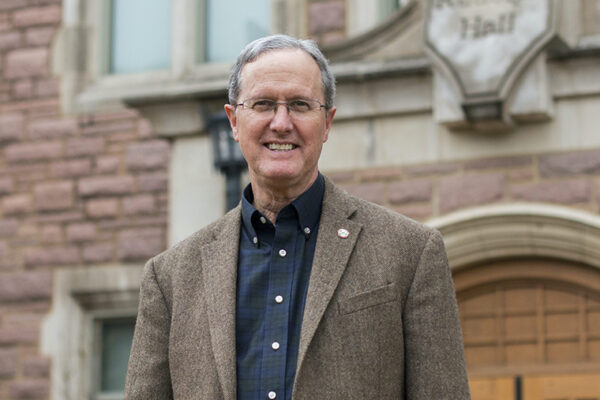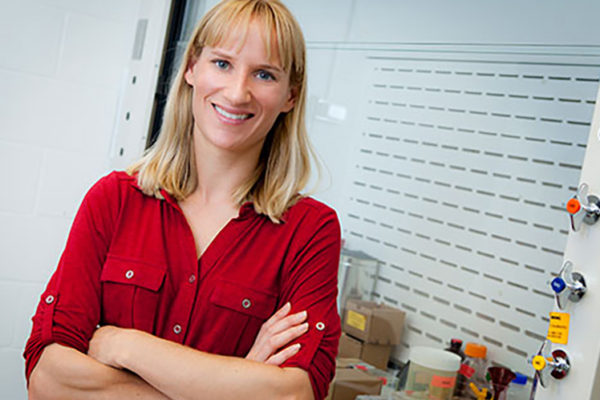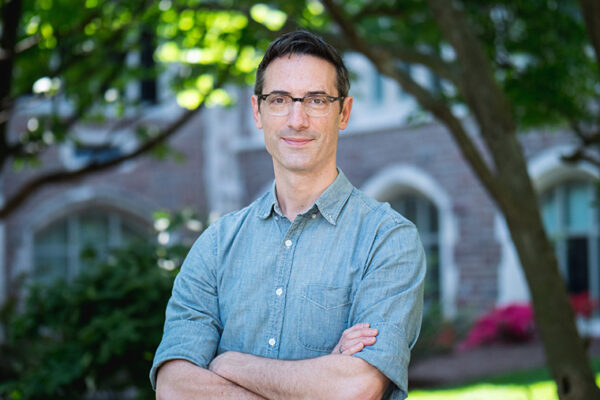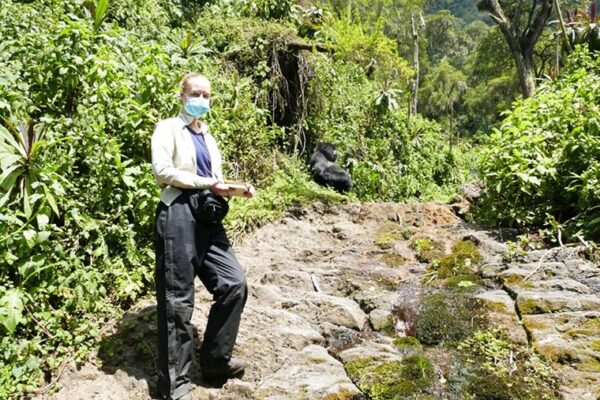Precup wins NSF CAREER award
Martha Precup, an assistant professor of mathematics and statistics in Arts & Sciences, has won a prestigious National Science Foundation award for a project uncovering patterns in complex data.
Physicist Yuan joins Simons collaboration on extreme electrodynamics
Yajie Yuan, an assistant professor of physics in Arts & Sciences, will lead a study of plasmas in neutron star magnetospheres, as part of a new collaboration funded by the Simons Foundation.
$3M grant funds training to harness power of AI for social, environmental challenges
A National Science Foundation research traineeship led by William Yeoh at the McKelvey School of Engineering will prepare investigators at the convergence of computational, environmental and social sciences.
Virtual drug quiets noise in heart tissue images
Research in the labs of Nate Huebsch and Guy Genin at the McKelvey School of Engineering creates software to enable experiments for learning how electrical and mechanical heart functions relate. Their study is published in the Proceedings of the National Academy of Sciences.
Scientists selected for Mars sample return effort
NASA and the European Space Agency chose Ryan Ogliore and Kun Wang, both in Arts & Sciences, for the Mars Sample Return Measurement Definition Team. This group will help realize the science potential of the first samples ever to be returned from another planet.
World can now breathe easier
Researchers working with Randall Martin at the McKelvey School of Engineering quantified changes in global air pollution from fine particulate matter. They found that global PM2.5 exposure decreased steadily from 2011 to 2019, largely driven by rigorous air quality management in China and slower growth in other regions.
Jolliff selected for geology team for lunar landing mission
Bradley Jolliff in Arts & Sciences is part of the team that will develop the surface science plan for Artemis III, the first crewed lunar landing mission in more than 50 years.
Wagenseil named fellow of Biomedical Engineering Society
Jessica Wagenseil, a professor of mechanical engineering and materials science and vice dean for faculty advancement in the McKelvey School of Engineering, has been elected a fellow of the Biomedical Engineering Society.
Physicist Henriksen to build quantum-scale sensors
Erik Henriksen, an associate professor of physics in Arts & Sciences, is part of a team that was awarded funding from the National Science Foundation’s Quantum Sensing Challenges for Transformational Advances in Quantum Systems program.
Wiseman-Jones awarded Leakey Foundation grant
Lauren Wiseman-Jones, a graduate student of biological anthropology in Arts & Sciences, is studying how wild mountain gorillas respond to social and human-caused stressors. She won a Leakey Foundation grant for the work.
View More Stories
